Importants African Foods Benefits You Must Know
Bitter Leaf
Bitter leaf (Ewuro in Yoruba or Vernonia). It can be bought fresh or dried. It is bitter to taste but very delicious in stews or together with Egusi soup.
As one of african foods benefits you must know, Bitter leaf contains Vitamin A, Vitamin C, Vitamin E, Vitamin B1 and Vitamin B2. it is used for preparing the well-known bitter leaf soup.
This vegetable is extremely good for the body, health benefits include:
- Cures mild stomach ailments.
- Acts as a worm expeller
- Increased metabolism
- Relieves fever and feverish conditions
- Reduces the blood-sugar level
- Cures skin rashes, eczema, ring worms
- Cures pile.
- Detoxifies the body.
- Increases breast milk production in nursing mothers
Ewedu leaves (Jute )
Ewedu, Jute leaves or Saluyot is an iron rich fresh vegetable similar to spinach. It is cooked until slippery then served with tomato and pepper stew to give a natural richness
Research has shown that the Ewedu leaf possess vitamins and antioxidant that are of immeasurable nutritional value to our body system. It contains vitamin A, C and E.
These vitamins are crucial in protecting the body from degenerative diseases such as Cancer. Ewedu Leaves help to:
- Increase production of collagen
- Source of fibre
- Boost immunity and nourish the body system.
- Rich in beta-carotene for good sight.
- High calcium content for healthy bones and teeth.
- Has anti-aging properties
Locust beans
Fermented locust beans or Iru in Yoruba enhances the flavour of soups like ogbono or Ewedu. They are pungent smelling and should be freeze for storage. The aroma makes vegetables taste delicious
The seed is first cooked to remove the seed coat and then fermented to produce the desired result.
Locust beans is added to everything – not only because it tastes good and can serve as a tastier alternative to other spices cubes, but also due to its health benefits
Local research has shown that locust bean helps
- Promote good sight and
- Drives away hypertension and diseases conditions like stroke and diabetes.
- Recommended for treatment of diarrhea
- Reduce high blood pressure
Brown Beans
This is a sweet type of beans used for Moi-Moi or bean cake(akara). Brown beans is Ewa-oloyin in Yoruba.
Beans are nutritional powerhouses packed with protein, fiber, B vitamins, iron, potassium.
Brown Beans offer several health benefits, including:
- They Are Heart-Helpers
- Are Low in Fat
- Pack with Protein
- Balance Blood Sugar
- Fight cancer
- Lower cholesterol
- Help you lose weight
- Help manage diabetes
Garden eggs
The garden egg with its bitter taste and spongy texture could really make an amazing pot of stew with a nice aroma.
The garden egg, also known as eggplant is a very good source of dietary fiber, potassium, manganese, copper and thiamin (vitamin B1).
It is a good source of vitamin B6, folate, magnesium and niacin. Eggplant also contains phytonutrients such as nasunin and chlorogenic acid.
Health benefits of garden eggs:
- It can help you lose weight.
- It helps to treat bronchitis
- It prevents throat infections
- It helps you avoid parasites.
- It is useful during pregnancy.
- It helps control the sugar level.
- It can cure the cough and chest colds.
- It helps improve the immune system.
Melon seeds (Egusi)
This is the main ingredient in making Egusi soup, Ogiri and also used in preparing, stew and snacks. Melon seed (egusi) is a popular food ingredient consumed mostly by Africans. It is botanically known as Citrullus vulgaris.
Egusi (melon seed) is packed with many vital and beneficial nutrients which are good for the body and these nutrients. It contains protein, potassium, vitamin B1, sulphur, fats, calcium, magnesium, carbohydrate, zinc, vitamins A, E and C, dietary fibre. Health Benefits Melon Seed (Egusi) include:
- Anti-aging properties
- Good for the heart
- Provide Essential amino acids
- Prevent malnutrition Loaded with vitamins and Minerals
- Aids Digestion
Cocoyam
Cocoyam or Tannia or Taro is a starchy shrub use in thickening vegetable soups and in the making of Fufu.
Cocoyam contains starch, which makes them an excellent source of carbohydrate. It contains dietary fibre and higher protein contents than the majority of the tropical root crops. It also contains thiamine, calcium, niacin, manganese, vitamin B, vitamin C, vitamin E, magnesium, copper and riboflavin.
The health benefits of cocoyam include its ability to:
- Improve digestion
- Lower blood sugar levels
- Prevent certain types of cancers
- Protect the skin
- Enhance vision
- 1ncrease circulation
- Decrease blood pressure
- Aid the immune system,
- Prevent heart disease
- Supporting muscle and nerve system
Okra
Okra or gumbo is one of the most common African vegetables. It is often enjoyed as a soup thickener and very slippery. The following are benefits of okra:
- Packs A Truckload of Nutrients
- Helps Control Hunger
- Keeps You from Getting Tired
- Manages Diabetes Mellitus
- Stabilizes Cholesterol Levels
- Fortifies Bones and Prevents Excessive Bleeding
- Boosts Immunity and Improves Eyesight
- Prevents Gastritis
- Prevents Liver Disease
- Staves Off Neurodegenerative Disorders
Red Palm Oil
Red palm oil is derived from the fruit of the oil palm tree (Elaeis guineensis), red palm oil is packed full with powerful phytonutrients like beta carotenes (which account for its dark red colour), lycopene and tocotrienols. Palm oil is commonly used as cooking oil in Africa.
Some of the amazing health benefits you can enjoy from consuming fresh red palm oil:
- Lessens Risk of Stroke
- Improves Heart Health
- Decreases Cancer Risk
- Improves Vision
- Protects from Degenerative Brain Disease
- Improves Skin Health
Crayfish
Crayfish, also known as crawfish, crawdads, freshwater lobsters, mountain lobsters, are actually freshwater crustaceans resembling a smaller version of a lobster.
Crayfish is packed with essential vitamins and minerals, it will be beneficial to promote the overall body health.
Health benefits of crayfish:
- Promotes Healthy Skin
- Cures Inflammation
- Promotes Healthy Joints
- Promotes Eyes Health
- Boosts Energy Level
- Promotes Heart Health
- Prevents Depression
- Improves Body Metabolism
- Regenerates Body Cells
- Promotes Healthy Brain
Periwinkle (Isam)
The common periwinkle or winkle (Littorina littorea) is a species of small edible whelk or sea snail, a marine gastropod mollusc that has gills and an operculum.
The common periwinkle is an edible small sea snail with a thick shell. A choice addition to garnish all kinds of vegetable soups.
- Assist in the development of the brain and memory of children.
- Prevent heart disease
- Lowering high cholesterol levels
- Promote Healthy eyes
- Promote Healthy fetus
- Prevent disease kwashiorkor and marasmus
Scent leaf (Efirin)
Scent leaf or Efirin in Yoruba is a condiment similar to basil. The amazing health benefits of scent leaf is due to its antiseptic, antibacterial and antifungal properties.
- Fights cough
- Lowers blood sugar
- Helps with lactation
- Relieves pain
- Solves indigestion problems
- Prevents heart diseases and problems
- Reduces nicotine
- Has anti-inflammatory effect
- Helps to get rid of flies and mosquitoes
Pumpkin Leaves (Ugwu)
Ugwu or pumpkin leaves (Telfairia occidentalis ) is a vegetable favoured by the Eastern part of Nigeria, use it to cook Edikai Ikong or add it to Egusi or Ogbono soup for a delicious taste.
Pumpkin leaves have a healthy amount of Vitamin A, Vitamin C, Calcium, and Iron, while still staying very low on the calorie front. Aside from the vision benefits in Vitamin A that the leaves provide, there are also numerous skin benefits
- Promote healthy digestive system
- Support neurological function
- Promote the energy level in the body
- Balance hormones naturally and prevent the weakness
- Promote building of body muscle
- Normalize level of blood pressure
- Enhance bone density and structure
- Acts as Antioxidant
- Have Healing Properties
- Have Antimicrobial Properties
- Treats Cardiovascular Diseases
- Helps Nursing Mother
Wild Spinach (Afang leaf, Okazi leaf)
The afang leaf (okazi leaf) is called Wild Spinach but most of us are familiar with its native name. The Okazi or afang leaf (Gnetum africanum) is a dark green leafy vegetable with a slight bitter taste commonly found in certain regions of Africa, Asia and South America. In Nigeria, it is commonly used to prepare delicacies such as afang, okazi and nsala soups.
Health Benefits of Afang:
- Aids the production of growth hormone and lowers blood sugar level.
- Regulates of protein metabolism
- Supports brain and neurological functions
- Assists in the treatment of alcoholism
- Amino acid found in Okazi acts as fuel to the brain cells
- Excellent for energy production.


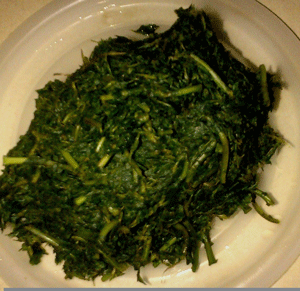
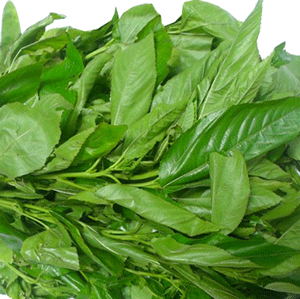

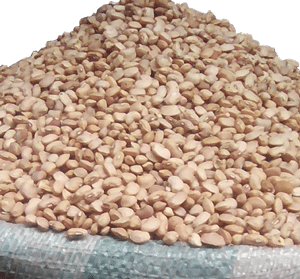
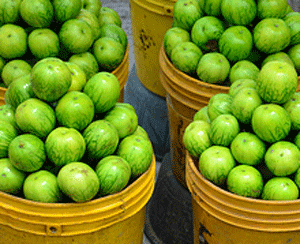
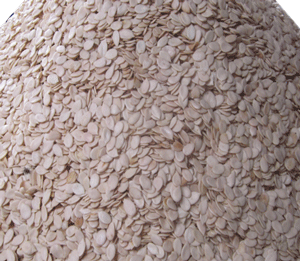
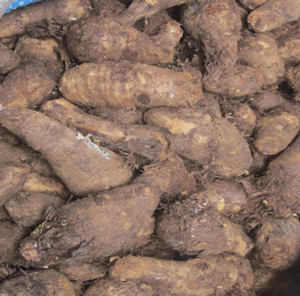
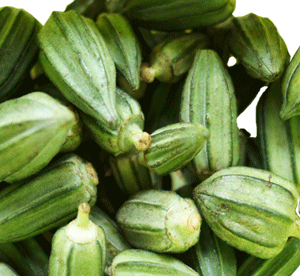

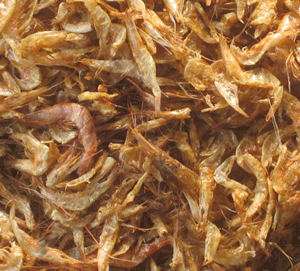
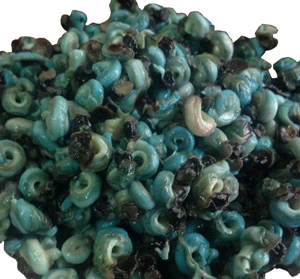
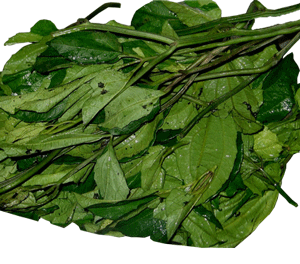
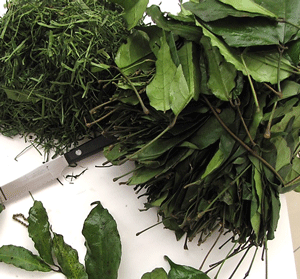

Leave a Reply
You must be logged in to post a comment.